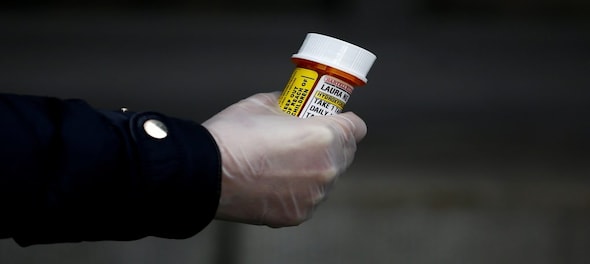
Hydroxychloroquine and chloroquine are associated with higher rates of cardiovascular problems, concluded a study published in the British Journal of Clinical Pharmacology. These problems include life-threatening heart rhythm events, heart failure and cardiomyopathy (resulting in damage to the heart muscle).
In pursual of an effective treatment of COVID-19, the anti-malarial drug, hydroxychloroquine (HCQ) and chloroquine (CQ) were found and declared competent.
However, despite its widespread use, data regarding their safety is relatively inadequate. In such a case, we must understand the mechanism of how they work, said the British Journal of Clinical Pharmacology.
They conducted the study to understand the effect of anti-malarial drugs on the patients that are increasingly being used for treatment of COVID-19.
Researchers, after obtaining data from the US Food and Drug Administration Adverse Events Reporting System (FAERS) database, assessed the effect of HCQ and CQ in the cardiovascular adverse events (CVAEs) in the pre-COVID-19 reports.
The results of the research indicated rising rates of various CVAEs - cardiomyopathy, QT prolongation, cardiac arrhythmias and heart failure to be specific.
Cardiomyopathy is basically a heart condition wherein the muscles of the heart make it difficult to pump blood to the rest of the body. Eventually, this condition can lead to heart failure.
QT prolongation, on the other hand, means heart muscles take longer than expected to recharge between beats. If left untreated, this condition can develop into tachycardias - a condition where the heart beats more than 100 times per minute. Tachycardias is a subset of cardiac arrhythmia, wherein the heart either beats too fast or too slow.
Is such a case, HCQ or CQ must be carefully considered before administering them to coronavirus patients, especially when they have a history of cardiac disorders.
Before this study, there was not enough data available to disprove some small series of treatments that lead to such conclusions. Their outcomes in the real-world population were unknown. However, this study proves that not only can these drugs have severe consequences for heart patients, but in adverse conditions, they can lead to death.
Check out our in-depth Market Coverage, Business News & get real-time Stock Market Updates on CNBC-TV18. Also, Watch our channels CNBC-TV18, CNBC Awaaz and CNBC Bajar Live on-the-go!


BJP is planning to ban RSS, says Shiv Sena (UBT) chief Uddhav Thackeray
May 18, 2024 8:01 PM
Punjab Lok Sabha elections: Complete list of Congress candidates
May 18, 2024 4:08 PM
Punjab Lok Sabha elections: Check full list of AAP candidates and constituencies
May 18, 2024 12:59 PM
PM Modi, Rahul Gandhi election rallies in Delhi today: Here are the routes to avoid
May 18, 2024 11:28 AM

